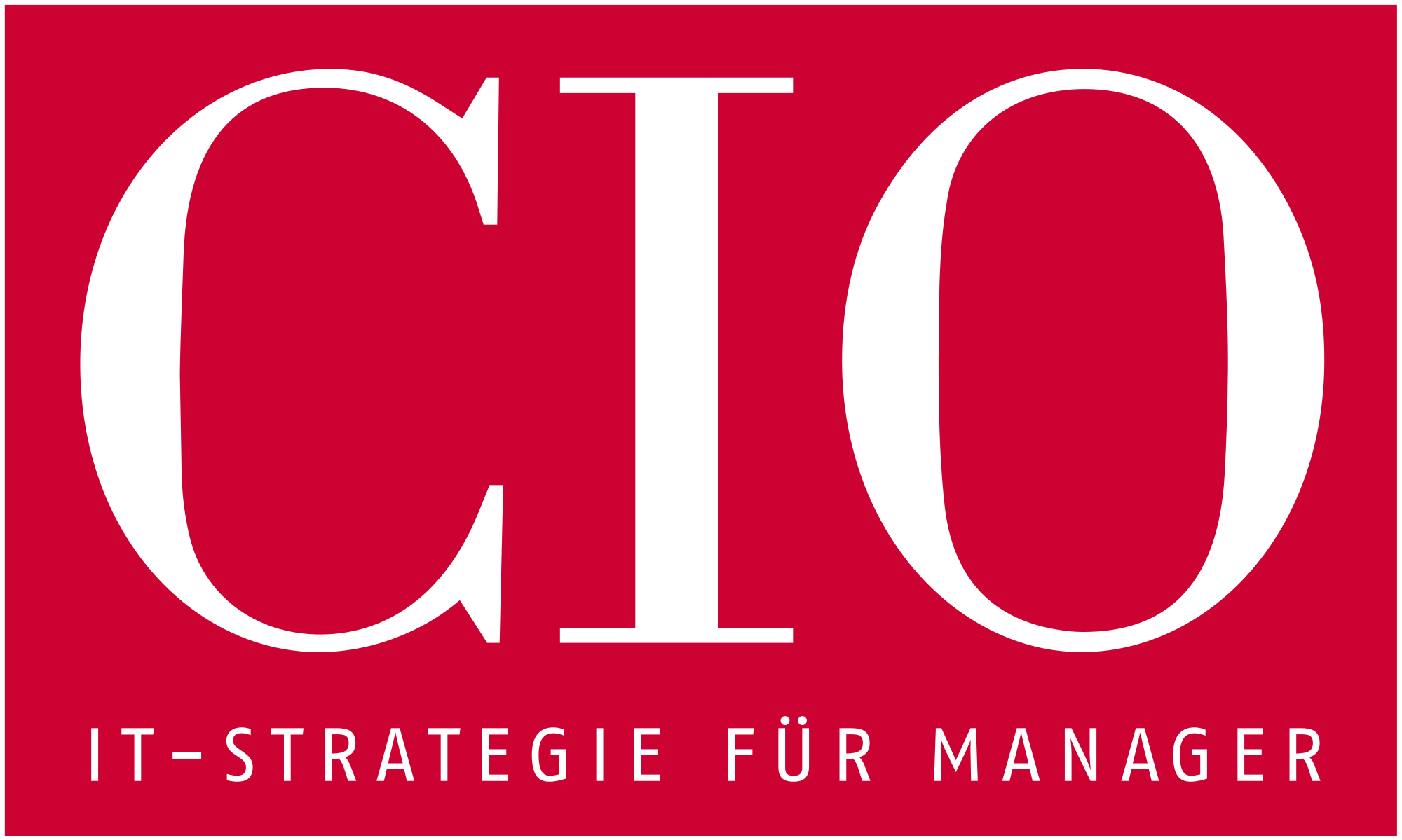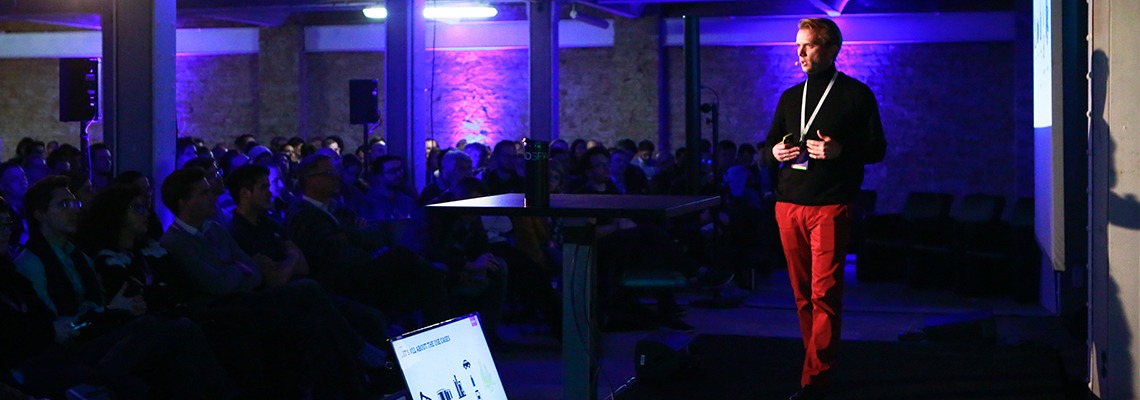10 times as many digital experts will be needed by 2018
25. February 2015
The digital transformation not only has an affect on companies and their business models, but also on company IT managers (CIOs) and their departments. In its current edition (January/February 2015, pages 23 to 27), the journal CIO summarises the predictions of respective analysts – a brief overview is provided here.
Establish a dedicated digitisation business
AT Kearny advises all companies to organisationally bundle their digitisation initiatives, in order to avoid chaos and aimless activity. To this end the creation of an in-house “stand-alone organisation” or a wholly owned subsidiary company as a “digital division” (innovations do not flourish well in such an environment) or a “digital project organisation” (high performers rarely switch to a temporary organisation) is advised. This is the way for a traditional business to win over “digital natives” most expeditiously. It is deemed to be important to avoid too close a cooperation with the “line departments.”
IT departments must pay more attention to business models
Similarly to IDC, the Experton Group believes that IT will of course become ever more important for companies, but the role of internal IT departments will increasingly reduce in significance. Unless smart CIOs were to actively support their company’s goals, for instance regarding the process relating to “the operational and administrative divisions, and even more importantly (…) in the horizontal business processes that interconnect business units with partners (customers, suppliers).” This is where there is generally a coordination gap that IT could plug. The ideal outcome would be for IT departments to introduce technological innovation to the company that optimises business processes or develops entirely new business opportunities (industry 4.0).
Automatic business processes must become more flexible
Forrester Research discovers an old friend at the top of the CIO agenda in “business process re-engineering.” Except that this time it is not dealing with the digitisation of manual processes by large EDP implementations for the purpose of increasing efficiency as was the case 20 years ago, but “with automated business processes more closely aligned to people – employees, customers or business partners – with the aim of improving speed of response and flexibility.”
Reduction in labour costs of 30 percent by 2017
The furthest reaching forecasts are those of the Gartner Institute, to 2017 and beyond. They predict that in three years innovative business processes will be based mainly on algorithms and advanced analytics. Successful business models will then be based on so-called “unstable”, i.e. agile processes. The advantage being they are easily adaptable and difficult to copy. Overall, work will completely change in the next three years. Human beings can never be completely replaced, but the currently valid paradigm “labour-driven, technology-enabled’ will be replaced by “digitally-driven, human-enabled.” Gartner expects a 30 percent reduction in the costs of work done by people and machines by 2018. Human expertise will scarcely be required any longer in the “traditional business process” and “business process experts” will decline by half by 2017. In contrast, 10 times as many “digital workers” will be required than is the case at present.





* Required field